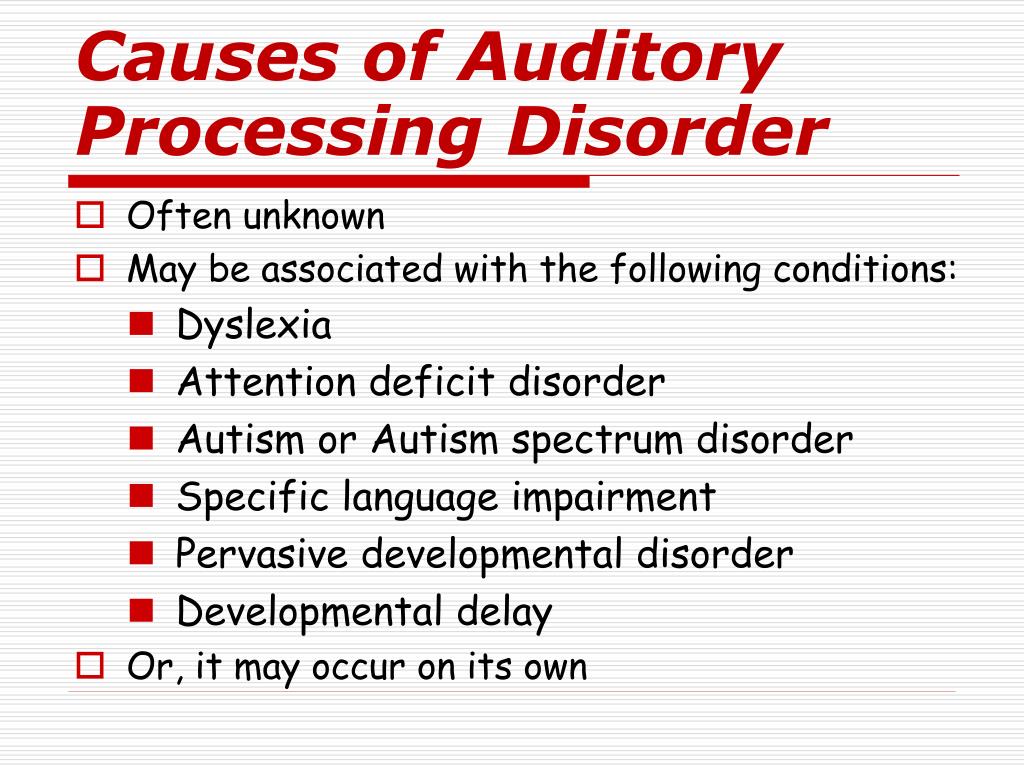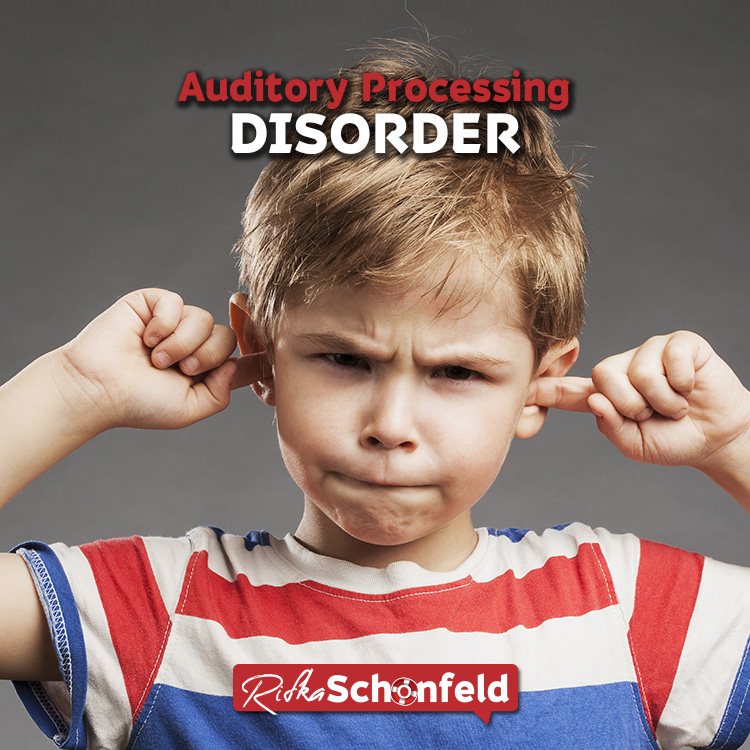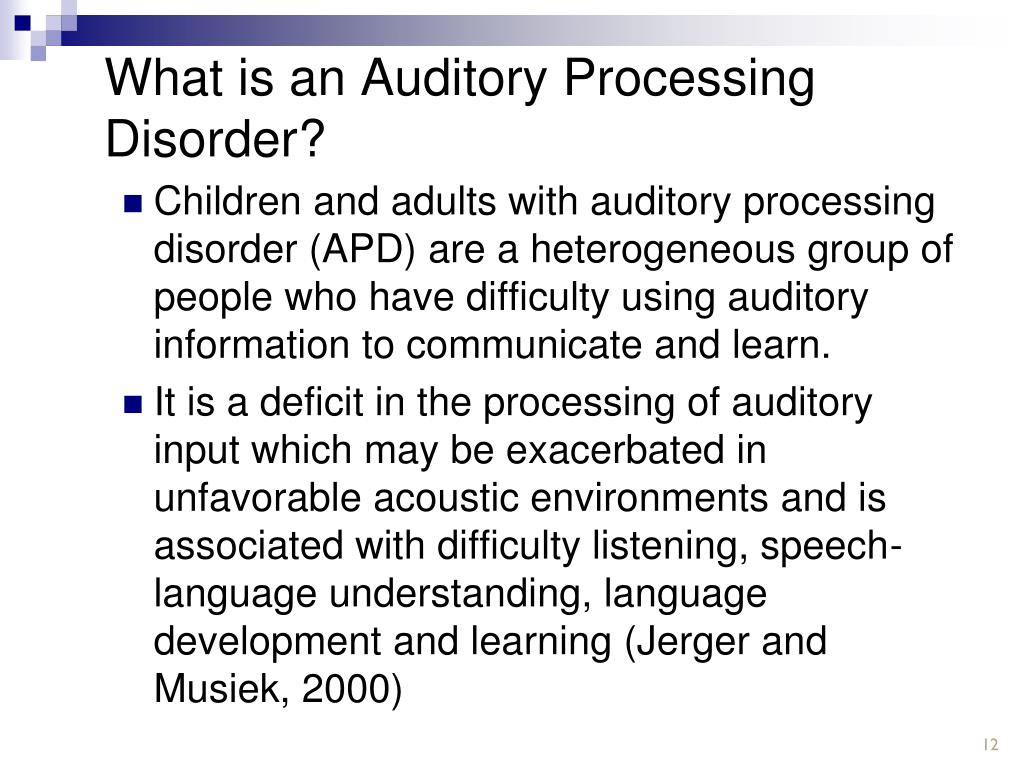

And because APD learners struggle to hear the individual sounds in words, they may also struggle with rhyming, observing spelling patterns, learning new vocabulary, reading comprehension, oral and written expression, and so much more. How can a child learn to use and manipulate the most basic building blocks of language if he can’t “hear” them to begin with? Just imagine the difficulty of attempting to complete blending and segmenting exercises when you already struggle to hear and process isolated phonemes.ĭown the reading road, students with APD may have difficulty recalling what they’ve read or putting their thoughts into words. This struggle continues to complicate the vital process of learning and using phonograms to build words. Because of the subtleties of similar-sounding phonemes, APD hampers a child’s ability to match letter names and sounds. She may seem to have heard you when she hasn’t.įrom the earliest stages of pre-reading instruction, when the development of phonemic awareness is so important, APD can make reading and spelling difficult.She has difficulty following directions.She may appear to be inattentive or she may be easily distracted.He may frequently ask you to repeat yourself.He may struggle to hear in crowded, noisy places.APD is diagnosed by an audiologist, but the child who has APD may display many of the following characteristics. The symptoms of auditory processing disorder can range from mild to severe and may look different from child to child. The Signs of Auditory Processing Disorder

And in both cases the result is major frustration. The data goes in, but once it’s in, it can’t be processed quickly enough or efficiently enough. Neither the old computer nor the child with APD can keep up.

She can hear what you say she just can’t always process it.Ī learner with APD is like an old computer with a fast, new processor. It’s like there’s a disconnect somewhere between the ears and the brain. Your child may appear to have an auditory deficit, but in most cases, hearing is not the problem. In a child with APD, the brain doesn’t recognize and interpret sounds correctly- especially the sounds that make up speech. That’s what can happen in a child with auditory processing disorder (APD), or central auditory processing disorder (CAPD), as it is also called. You know your child can hear, but sometimes it seems like she can’t. If you have a child who is struggling with an auditory processing disorder (APD), you probably have many questions.Īnd the biggest question of all is, “What can I do to help?” I have heard it again and again from concerned parents.


 0 kommentar(er)
0 kommentar(er)
